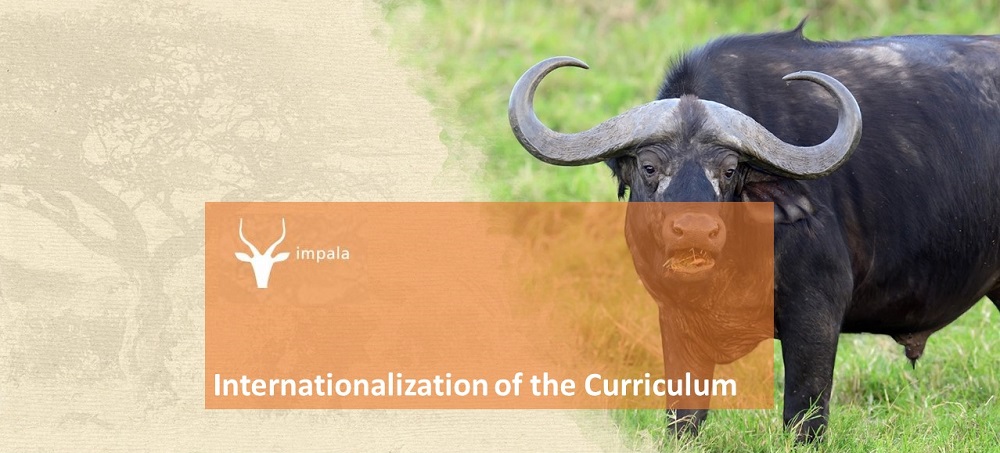The University of Antwerp wants to train its students to become highly skilled professionals who can exercise their professional responsibilities in the global society. The university is strongly committed to developing international and intercultural competences among all students, regardless of their specializations. These competences also match the profile of the institution.
To this end, an action plan for the internationalization of education was set up. Faculties were requested to develop a three-year plan for its implementation. Internationalization remains a core strategic pillar. After the end of the action plan period, new policy decisions will continue the internationalization process in the coming years.
The university’s policy
The internationalization of the curriculum has long been an important pillar in the policy of the University of Antwerp. It is one of the core features of the university’s educational vision and one of the strategic policy themes set in 2014. The theme of internationalization is also central to the rector’s policy statement. The focus is on expanding the University of Antwerp into a self-evidently international university by offering efficient services, expanding international activities and embedding internationalization in the curriculum. Internationalization is not an end in itself but a condition for guaranteeing high-quality operations within education, research and service to society.
Involvement of the faculties
The central policy is being operationalized through action plans. The Department of Educational Policy and the International Relations Office developed the internationalization action plan accompanied by comprehensive guidelines which aim to provide guidance and inspiration. Each pofaculty drew up a three-year plan for internationalization based on these guidelines containing a vision, objectives, activities and a time schedule. These faculty plans came into effect in January 2015. The progress of the policy plans was monitored on the basis of nine indicators:
• Vision on the internationalization of education
• International and intercultural competences in the learning outcomes
• Course units with an international dimension
• Internationalization @ home activities in the curriculum
• Student mobility (incoming and outgoing, short and alternative forms, long-term mobility)
• Teacher mobility (incoming and outgoing)
• Screening partners, strategic partnerships
• Inventory of international cooperation
• English-language programmes (not at programme level)
For example, the curriculum must be carefully constructed to promote international and intercultural core competencies. On the one hand, each programme must provide a good translation of the international and intercultural core competences in the curriculum, educational concept, teaching methods and forms of assessment through various types of international educational activities. Students must also seize the opportunity to actually acquire these competences. Physical mobility remains an important tool in acquiring international and intercultural competences. Finally, the key to good-quality internationalization is the well-considered and strategic choice of partner universities.
The faculty policy plans ran until the end of 2017. The internationalization process is being continued with a focus on the formation and professionalization of teachers and staff members. A new policy has been developed which is based on three pillars. Firstly, several external experts on internationalization in education were invited to lecture, and the core concepts of the indicators were used as starting points. These inspiration sessions were easily accessible and available free of charge to the entire university community. A second pillar was the development and creation of short videos with testimonials and good practice examples from successfully implemented internationalization activities and tools. The videos are available on the university website. Finally, learning networks are being started up. The first theme was on entering into and screening good-quality partnerships, with the emphasis on exchanging good practices and arriving at guidelines which can be used university-wide.


